

15 Minute Clip
Pathfinder: The Untold Story of the “Indian Business” is a feature-length documentary currently in production about the “Fourth World’s” struggle for self-determination and overcoming bigotry and internalized traumas, told through the eyes of one of its most effective proponents, Dr. Rudolph Rÿser. It is an untold story on the verge of being lost and one that will guide a new generation of Indigenous leadership.
Pathfinder offers a behind-the-scenes peek into the Indigenous Sovereignty Movement, told through the life and work of Dr. Rudolph C. Rÿser (Oneida/Cree/Swiss), an Indigenous leader who has shaped and defined some of the most formative events in national and global Indigenous Affairs during the past fifty years.
Dr. Rudy, as those who know him endearingly call him, stood up to the most powerful institutions in the world — the IMF, World Bank, and the U.S. government, among others, for the cause of Indigenous self-determination.
Most of these stories are known only by those who were there, and only a handful of those leaders are still alive today.
In this film Dr. Rÿser and others, recount the vision, goals, and battles for Indigenous sovereignty in the United States and worldwide; and the threat that losing this history poses for Indigenous struggles today.
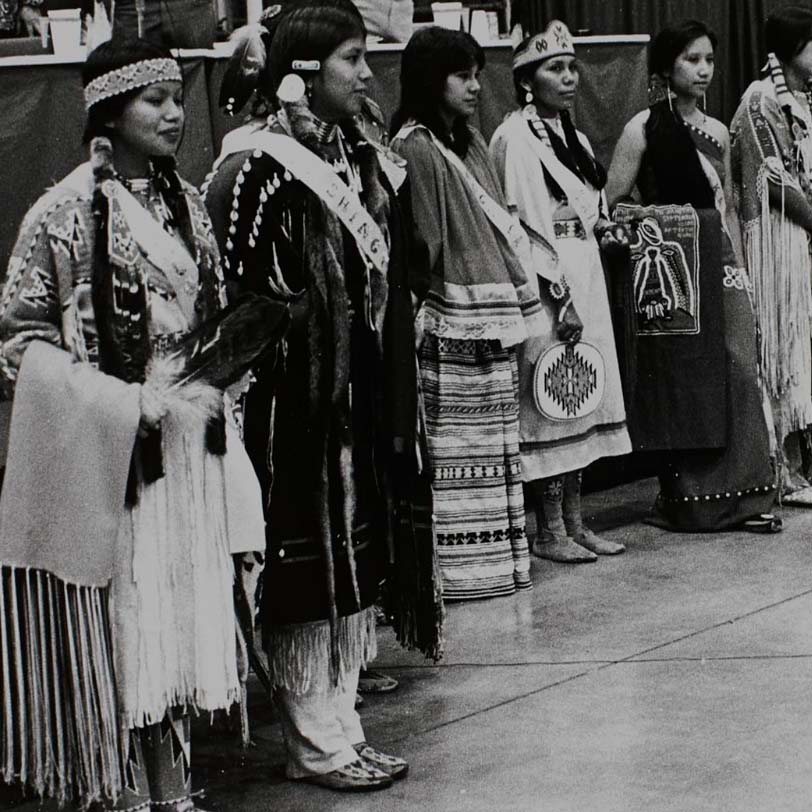
Discover and learn from the activists and scholars in the forefront of the Indigenous Sovereignty movement of the last 60+ years. Get an inside peek into the people and players who have worked with, learned from, and had personal experiences with Rudolph (Rudy) Rÿser, who tells the untold story of the “Indian Business”
Henry Cagey, Elder and Lummi Council leader talks about his role in bringing education funds to the Lummi Nation and the importance of ensuring native youth are learning about their own history and people.
Henry Cagey of the Lummi Nation discusses his personal history and the Lummi Nation and creation of its emblems.
Tiffany Waters, Global Aquaculture Manager for the Nature Conservancy, discusses the strategy she employed as a staff person at CWIS to find allies and gain support to clean up nuclear waste contamination in the Yakama Nation.
Tiffany Waters, Global Aquaculture Manager for the Nature Conservancy, talks about the importance of her mixed heritage and how fortunate she has been to have a healthy, emotionally supportive family.
Indigenous author Wendell George discusses indigenous spirituality and the connected nature of all things, and how tribal culture can change the world.
Indigenous author Wendell George discusses the significance of the Clovis points found in East Wenatchee, near his family's tribal land.
Indigenous author Wendell George talks about his history working with indigenous organizer Lucy Covington and the history of the treaties that the United States has broken with American Indians.
Jon Rÿser, musician and son of Dr. Rudolph Rÿser, speaks about the influence of his father and indigeneity on his perception of reality.
Morgan Rÿser, son of Dr. Rudolph Rÿser, explains his father’s approach to instilling a sense of identity and the importance of knowing who one is in the world.
In this sneak peek into our upcoming film series Pathfinder: The Untold Story of the "Indian Business," we share with you a little-known "back story" as activist lawyer Louise Mandell discusses her work with Indigenous Peoples, Chief George Manuel and the Constitution Express and how her experience as part of the Jewish diaspora from Europe and the Holocaust contributes to her vision of justice for Indigenous Peoples.
Canadian lawyer Louise Mandell discusses the influence of the Women's Movement on her law practice, what it was like working in a women-only law firm for a quarter century serving Indigenous Nations and how they were able to force the law to bend around a feminist praxis.
Filmmaker Doreen Manuel reflects on her childhood and heritage and shares what it was like being the daughter of Indigenous leader Grand Chief George Manuel.
Filmmaker Doreen Manuel, a powerful advocate of equity and inclusion in the film industry, discusses the power of the media as a tool to fight against the effects of colonization and the importance of First Nations peoples serving the people.
Herbalist and Wild Foods & Medicines Program Director at Garden-Raised Bounty (GRUB) Director Elise Krohn, MA., discusses the importance of learning about her heritage and the notion that you must know who you are and where you come from in order to understand the desires of other people.
Herbalist and Wild Foods & Medicines Program Director at Garden-Raised Bounty (GRUB) Director Elise Krohn, MA., describes the pedagogy of teaching indigenous plant and medicine traditions, and how rather than superimposing ideas upon students,it is about creating space and harnessing the knowledge already held within native communities.
Traditional foods and medicines elder, Bobbi Jim, talks about her career in the Marine Corps and work for the Yakama Indian Agency, where she met her husband, Russell Jim.
Traditional foods and medicines elder, Bobbi Jim, reminisces about Russell Jim, his development into a village leader, and the values and traditions he imparted to his grandchildren.
Tamara Broadhead, the daughter of Sherwin Broadhead, a “Colville Mafia” member and fierce advocate for Native American rights, talks about being raised by an activist father and her family's experiences in both white and Indigenous cultures.
Attorney Sherwin Broadhead’s daughter, Tamara Broadhead, discusses her career as a graphic designer and the joy of having used her skills to help improve the lives of others.
Investigative Reporter Jay Taber describes his first encounters with the far right-wing Christian nationalist Anti-Indian Movement and his concept of monitory democracy.
Investigative Reporter Jay Taber describes how he infiltrated the far right-wing Christian nationalist Anti-Indian Movement and how it operates.
Investigative Reporter Jay Taber discusses how he became an investigative reporter and contributing editor with the Center for World Indigenous Studies and how this work gave his life meaning.
Center for World Indigenous Studies board member, environmental activist, and Tribal Climate Liaison for the Affiliated Tribes of Northwest Indians, Amelia Marchand, discusses her work pushing for integrating tribal customs and traditions into colonial law.
Natural Resource Advisor for the Quinault Nation, Gary Morishima, provides a historical overview of natural resource management in the Quinault Nation and their choice to coordinate with the Bureau of Indian Affairs, academia, private industry, and other tribes to solve common problems by working together.
Gary Morishima, Natural Resource Advisor for the Quinault Nation for the past 50 years, discusses how his personal history of being born in a Japanese concentration camp during World War Two informs his work in Indigenous Forestry Management and helps him empathize with the experience of indigenous cultures in the United States.
April Obi, an activist on behalf of homeless and unhoused Indigenous peoples and Dr. Rudolph Rÿser’s youngest sister, talks about her experiences with racism and how she has channeled her resilience into activism.
April Obi, activist and Dr. Rudolph Rÿser’s younger sister, discusses the challenges and triumphs of her work fighting for the rights and resources of the homeless in Aberdeen, Washington.
Author and professor Zoltan Grossman delves into how diverse groups have come together for common causes, often bridging significant cultural and ideological divides.
Author and professor Zoltan Grossman shares his background and the influences that shaped his identity and passions.
In this 30-minute discussion, activist scholars Dina Gilio-Whitaker and Sociologist Erich Steinman, Ph.D., discuss the influence of CWIS Founder and Chair Dr. Rudolph Rÿser’s seminal theories and praxis of Indigenous self-determination on the development of their thinking and writing. Key concepts touched upon include fourth world theory, the limitations of the term sovereignty, and defining the fight for Indigenous self-determination as a process of nation-building rather than a quest for equality and inclusion.
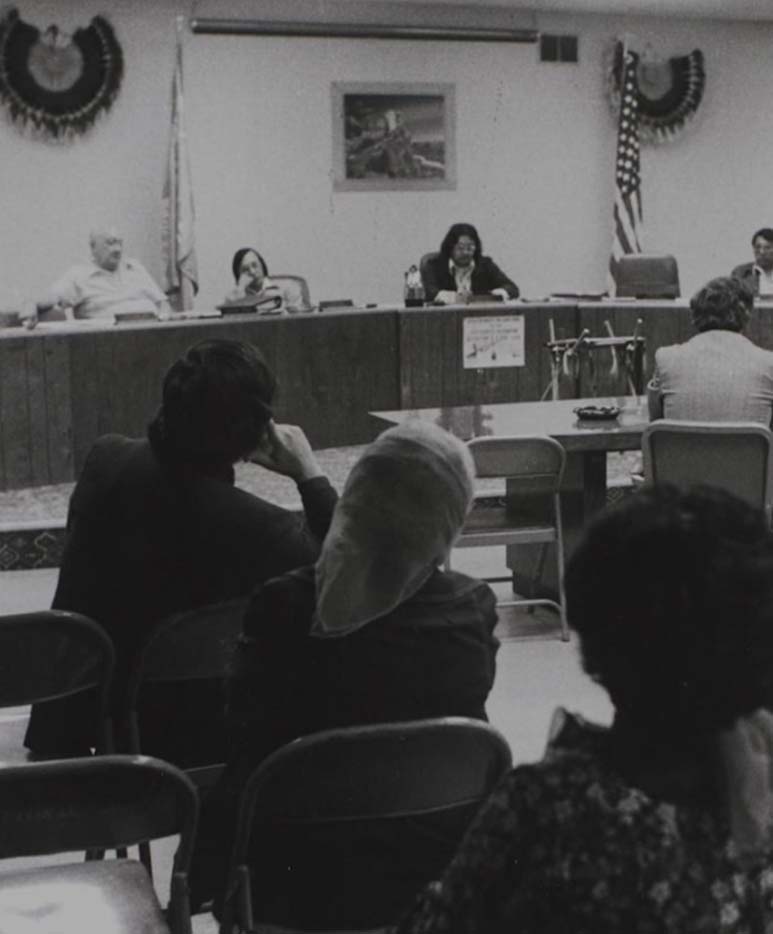
Dr. Rÿser has committed his life to the struggle for Indigenous sovereignty for 6000+ Indigenous nations worldwide. A philosopher, agitator, and humble warrior, he defined the field of Fourth World Geopolitics and has worked tirelessly to advance the rights of Indigenous Peoples to control their lands, lives, and destinies.
Today, Dr. Rÿser mentors up-and-coming Indigenous leaders in the art of nonviolent persuasion. He works in the United States and internationally on many overlooked struggles Indigenous issues. We rarely hear of these struggles in mainstream news, but they simmer as undercurrents that drive conflict and wars.
The Indigenous Sovereignty Movement in the United States and internationally has brought concrete gains for native peoples worldwide. Yet the goal of self-determination is under threat. Every victory has sparked opposing forces that challenge native authority over its lands and resources.
Recent Supreme Court decisions such as 2022 Oklahoma v. Castro-Huerta gave state government jurisdiction over tribal lands and the pending Haaland v. Brackeen case challenges the legality of the Indian Child Welfare Act of 1978.
Internationally, native ancestral lands are plundered and burned and there is genocide of Indigenous peoples. While nations seek accountability, the tools to protect the rights of Indigenous peoples, like the United Nations Declaration of the Rights of Indigenous Peoples, lack enforceability. This film defines the history, decisions, leaders, and strategies of the past and sets the stage for the present struggle for continued action and accountability.
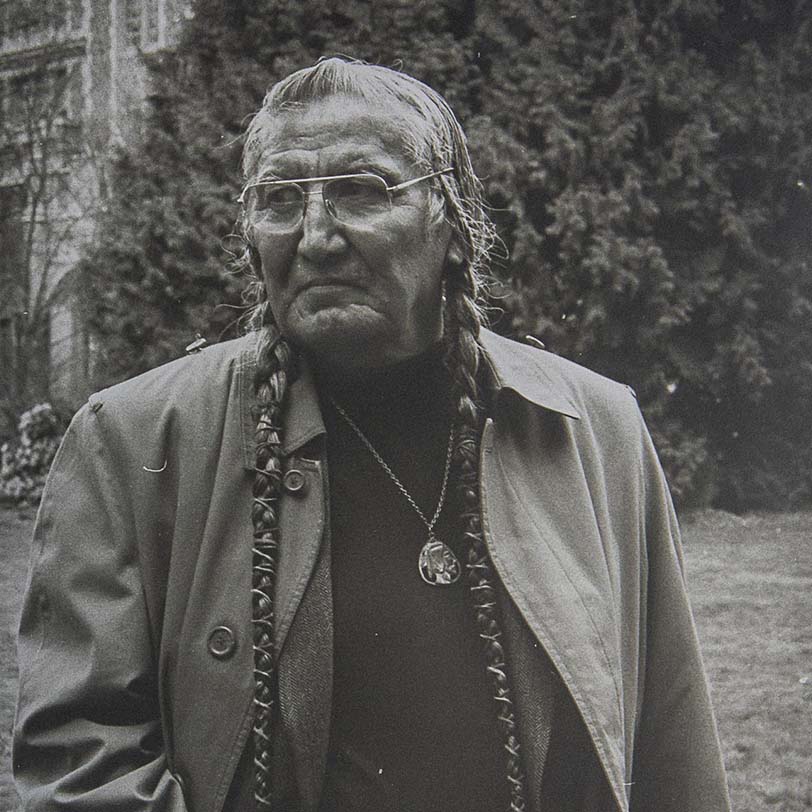 Image: A portrait of Kaiux Russell Jim.
Image: A portrait of Kaiux Russell Jim.
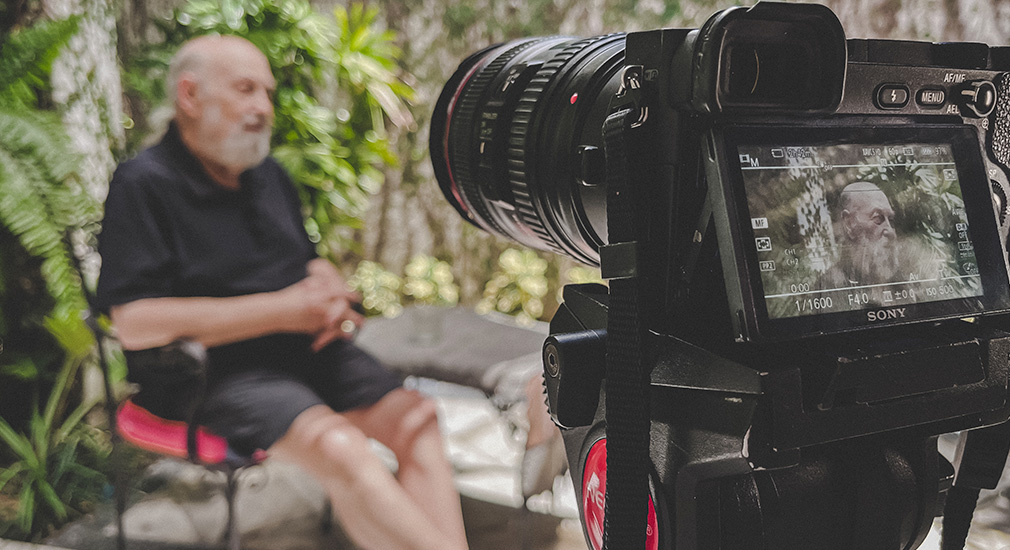
New leadership is required and evolving to continue the fight for Indigenous sovereignty and establish concrete mechanisms to enforce the gains made. This film tells the story of the struggle. The innovative thinking and strategies of the past and the elders’ wisdom inform the present, but they must be known and understood to maintain and advance hard-fought gains.
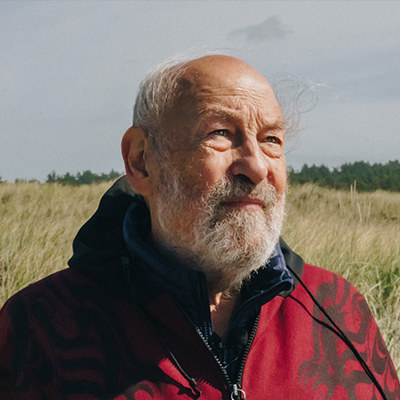
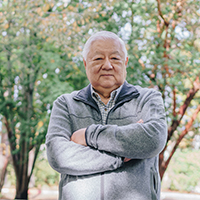
(Japanese-American) Natural Resources Advisor, Quinault Nation

(Wenatchee) Traditional Foods and Medicines Elder
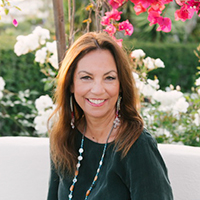
(Colville) Author, As Long as Grass Grows: The Indigenous Fight for Environmental Justice, from Colonization to Standing Rock
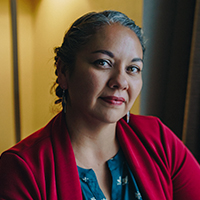
(Colville) Tribal Climate Liaison, Affiliated Tribes of Northwest Indians

(Chinook) Global Aquaculture Manager, The Nature Conservancy
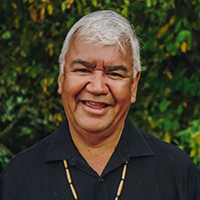
(Lummi) Senior council member of the Lummi Indian Business Council and former Chairman of the Lummi Nation
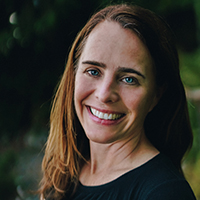
(Scottish) Herbalist, Northwest Indian College

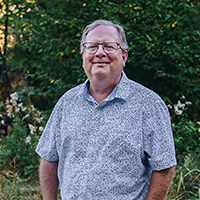
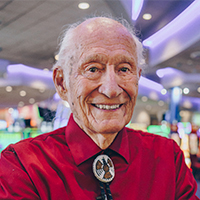
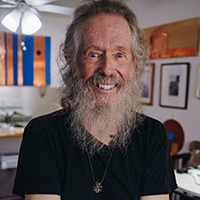
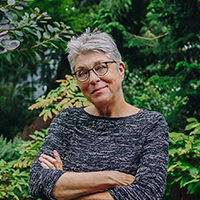
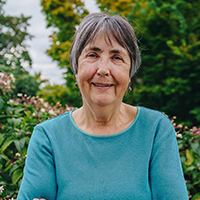
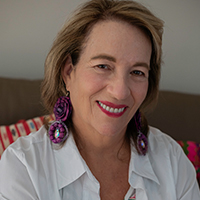
Executive Producer/Director/Writer
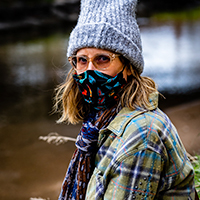
Executive Producer
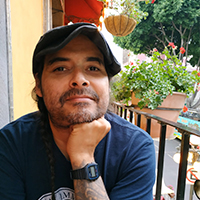
Assistant Producer, Editor

Photography and Lead Editor
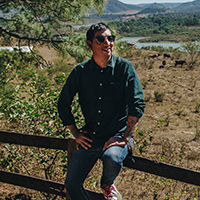
Cinematographer and Editor
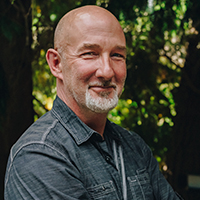
Narration
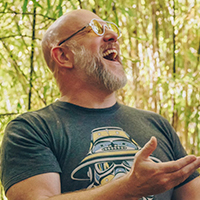
Musical Director
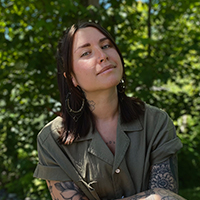
Archival Researcher

Graphic Designer
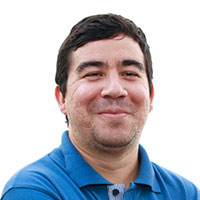
Web Developer